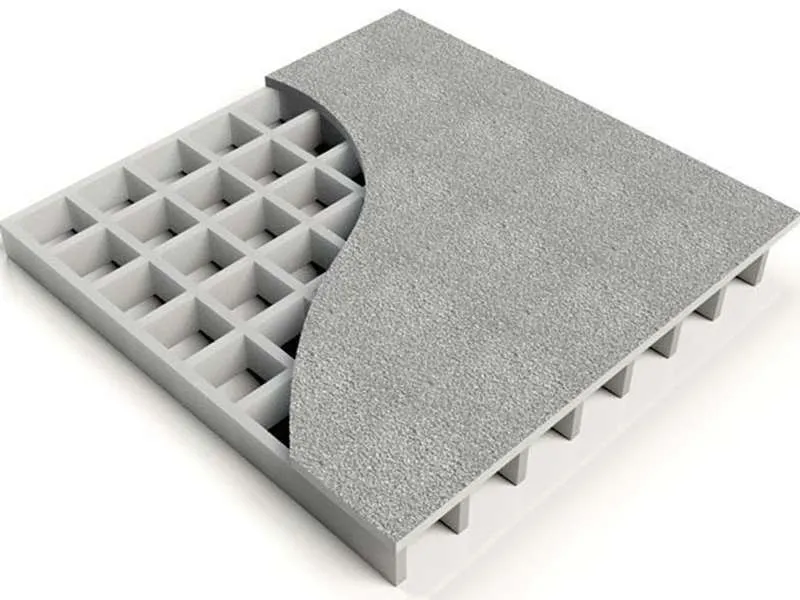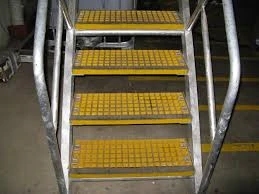
-
 Afrikaans
Afrikaans -
 Albanian
Albanian -
 Amharic
Amharic -
 Arabic
Arabic -
 Armenian
Armenian -
 Azerbaijani
Azerbaijani -
 Basque
Basque -
 Belarusian
Belarusian -
 Bengali
Bengali -
 Bosnian
Bosnian -
 Bulgarian
Bulgarian -
 Catalan
Catalan -
 Cebuano
Cebuano -
 China
China -
 China (Taiwan)
China (Taiwan) -
 Corsican
Corsican -
 Croatian
Croatian -
 Czech
Czech -
 Danish
Danish -
 Dutch
Dutch -
 English
English -
 Esperanto
Esperanto -
 Estonian
Estonian -
 Finnish
Finnish -
 French
French -
 Frisian
Frisian -
 Galician
Galician -
 Georgian
Georgian -
 German
German -
 Greek
Greek -
 Gujarati
Gujarati -
 Haitian Creole
Haitian Creole -
 hausa
hausa -
 hawaiian
hawaiian -
 Hebrew
Hebrew -
 Hindi
Hindi -
 Miao
Miao -
 Hungarian
Hungarian -
 Icelandic
Icelandic -
 igbo
igbo -
 Indonesian
Indonesian -
 irish
irish -
 Italian
Italian -
 Japanese
Japanese -
 Javanese
Javanese -
 Kannada
Kannada -
 kazakh
kazakh -
 Khmer
Khmer -
 Rwandese
Rwandese -
 Korean
Korean -
 Kurdish
Kurdish -
 Kyrgyz
Kyrgyz -
 Lao
Lao -
 Latin
Latin -
 Latvian
Latvian -
 Lithuanian
Lithuanian -
 Luxembourgish
Luxembourgish -
 Macedonian
Macedonian -
 Malgashi
Malgashi -
 Malay
Malay -
 Malayalam
Malayalam -
 Maltese
Maltese -
 Maori
Maori -
 Marathi
Marathi -
 Mongolian
Mongolian -
 Myanmar
Myanmar -
 Nepali
Nepali -
 Norwegian
Norwegian -
 Norwegian
Norwegian -
 Occitan
Occitan -
 Pashto
Pashto -
 Persian
Persian -
 Polish
Polish -
 Portuguese
Portuguese -
 Punjabi
Punjabi -
 Romanian
Romanian -
 Russian
Russian -
 Samoan
Samoan -
 Scottish Gaelic
Scottish Gaelic -
 Serbian
Serbian -
 Sesotho
Sesotho -
 Shona
Shona -
 Sindhi
Sindhi -
 Sinhala
Sinhala -
 Slovak
Slovak -
 Slovenian
Slovenian -
 Somali
Somali -
 Spanish
Spanish -
 Sundanese
Sundanese -
 Swahili
Swahili -
 Swedish
Swedish -
 Tagalog
Tagalog -
 Tajik
Tajik -
 Tamil
Tamil -
 Tatar
Tatar -
 Telugu
Telugu -
 Thai
Thai -
 Turkish
Turkish -
 Turkmen
Turkmen -
 Ukrainian
Ukrainian -
 Urdu
Urdu -
 Uighur
Uighur -
 Uzbek
Uzbek -
 Vietnamese
Vietnamese -
 Welsh
Welsh -
 Bantu
Bantu -
 Yiddish
Yiddish -
 Yoruba
Yoruba -
 Zulu
Zulu
Jan . 23, 2025 05:58
Back to list
Steps
Drilling anchor drill bits plays an indispensable role in construction, offering the precision and durability needed to ensure structural integrity. The process, while seemingly straightforward, demands careful consideration of various factors to yield the best results. Relying on years of experience and extensive expertise, professionals understand that the choice of drill bit is pivotal in achieving superior outcomes.
Understanding the nuances of anchor drill bit maintenance is another area where expertise proves indispensable. Routine inspection and proper storage can extend the life of your drill bits, maintaining their efficacy over time. Specialists advise cleaning drill bits after each use to prevent material buildup, which can dull the bit and lead to inefficient drilling. Additionally, storing bits in a dry environment mitigates the risk of rust and corrosion, preserving their functionality. Authoritativeness in this field also advocates for the integration of advanced technologies in drilling practices. Magnetic drill presses and automatic feed drills offer precision and control that surpass manual methods, especially in high-volume applications. These innovations enhance the quality of performance, aligning with industry standards and regulations that ensure the safety and reliability of construction projects. Trustworthiness in construction relies heavily on the quality and performance of tools used. Selecting reputable manufacturers and verified sellers for drill bits ensures adherence to quality standards that meet professional requirements. Furthermore, customer reviews and expert endorsements serve as reliable indicators of product reliability, guiding practitioners to make informed decisions. In conclusion, the task of drilling anchor drill bits encompasses a blend of skill, knowledge, and quality equipment. By adhering to expert advice on material selection, technique, maintenance, and technology integration, construction professionals can achieve optimal drilling performance. As this discipline continues to evolve, staying updated with advancements and best practices will remain essential in maintaining excellence and trust in construction work.


Understanding the nuances of anchor drill bit maintenance is another area where expertise proves indispensable. Routine inspection and proper storage can extend the life of your drill bits, maintaining their efficacy over time. Specialists advise cleaning drill bits after each use to prevent material buildup, which can dull the bit and lead to inefficient drilling. Additionally, storing bits in a dry environment mitigates the risk of rust and corrosion, preserving their functionality. Authoritativeness in this field also advocates for the integration of advanced technologies in drilling practices. Magnetic drill presses and automatic feed drills offer precision and control that surpass manual methods, especially in high-volume applications. These innovations enhance the quality of performance, aligning with industry standards and regulations that ensure the safety and reliability of construction projects. Trustworthiness in construction relies heavily on the quality and performance of tools used. Selecting reputable manufacturers and verified sellers for drill bits ensures adherence to quality standards that meet professional requirements. Furthermore, customer reviews and expert endorsements serve as reliable indicators of product reliability, guiding practitioners to make informed decisions. In conclusion, the task of drilling anchor drill bits encompasses a blend of skill, knowledge, and quality equipment. By adhering to expert advice on material selection, technique, maintenance, and technology integration, construction professionals can achieve optimal drilling performance. As this discipline continues to evolve, staying updated with advancements and best practices will remain essential in maintaining excellence and trust in construction work.
Related Products
Latest news
-
Exploring the Benefits of Top Hammer Drifter Rods for Enhanced Drilling PerformanceNewsJun.10,2025
-
High-Precision Fiberglass Winding Machine for GRP/FRP Pipe Production – Reliable & Efficient SolutionsNewsJun.10,2025
-
FRP Pipes & Fittings for Shipbuilding - Corrosion-Resistant & LightweightNewsJun.09,2025
-
Premium FRP Flooring Solutions Durable & Slip-ResistantNewsJun.09,2025
-
Premium Fiberglass Rectangular Tanks Durable & Lightweight SolutionNewsJun.09,2025
-
Tapered Drill String Design Guide Durable Performance & UsesNewsJun.09,2025









